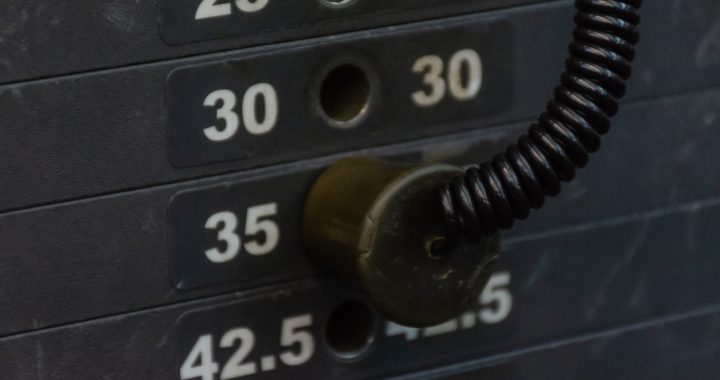Written by Adam Whitlach
WRRFC Head Trainer
There are always factors that stand in our way when it comes to setting goals. If there aren’t, then we haven't set goals worth seriously pursuing. Going through our everyday motions will NOT pave the way for improvement. Often, the hardest obstacle to overcome is the first: obtaining the proper information to aid us in making our goals as easy to achieve as possible. Of the three parts to this series, this is the topic I am most passionate about.
We live in an age where snake oils, magic pills, wizard coaches, and bogus devices all make promises they can't fulfill. Not only do these techniques prey on the uninformed, but they also continuously repress our collective understanding of health and fitness—that is, of our own bodies and our own well-being. It’s the same ideas being repackaged time and time again—namely, that we don’t actually have to put effort in to see results; that we can actually see better results if we just substitute hard work for x or y or z. And worse still, we’ve effectively paved the way for a culture that rewards the spread of misinformation for the sake of making money. How else can we explain the reoccurring appearances of the same detoxes/cleanses, electric ab belts, "toning" workouts, and magic diets? Different versions of this junk keep popping up time and time again. It never works. It keeps everyone confused. And it’s yet another reason why 80% of people bail on their New Year’s goals within the first two months.
Most importantly, your goal should be to find what works, not what sells! In searching for credible sources of information, there are two things that I look for: science and experience. You cannot have one without the other. Experience with no science is where we start to hear myths like, "All you need to do is run and do sit-ups to get 6-pack abs." NO! That is an anecdotal scenario that might work for a handful of people; it’s not a universal solution. Conversely, all science with no experience is where you run into scenarios where someone who has never deadlifted before will try to tell a 700-pound deadlifter what they're doing wrong. Now put a PhD (in the appropriate field) on a 700-pound deadlifter and we've got a real conglomeration of information to work with.
Another factor that I find relevant when finding credible sources is whether they provide information for free. There are so many experts—that is, those who have both knowledge and experience—in this field who freely give volumes of information to the public. We have full access to their articles, videos, podcasts, newsletters, etc., which is more than enough to help kickstart the average person. Some examples of these people are:
- Layne Norton - Biolayne
- Dave Tate - Elitefts
- Louis Simmons - Westside Barbell
- Stan Efferding
- Eric Serrano
- John Meadows - Mountaindog Diet
- Stephanie Cohen - Hybrid Performance
- Joe Defranco
- Matt Wenning - Ludus Magnus Gym
Find people that know their craft and have experienced legitimate highs and lows in their field. Too many of us see a cute model with abs and blindly trust that whatever diet or workout plan they’re selling will work for us, too. It’s likely that that model was already lean to begin with, or that they never used said product to actually make them lean. Instead, they had to diet and work hard… just like the rest of us.
In the final portion of this series, I will highlight some of the issues with low to no motivation and how to deal with them. Until next time!

